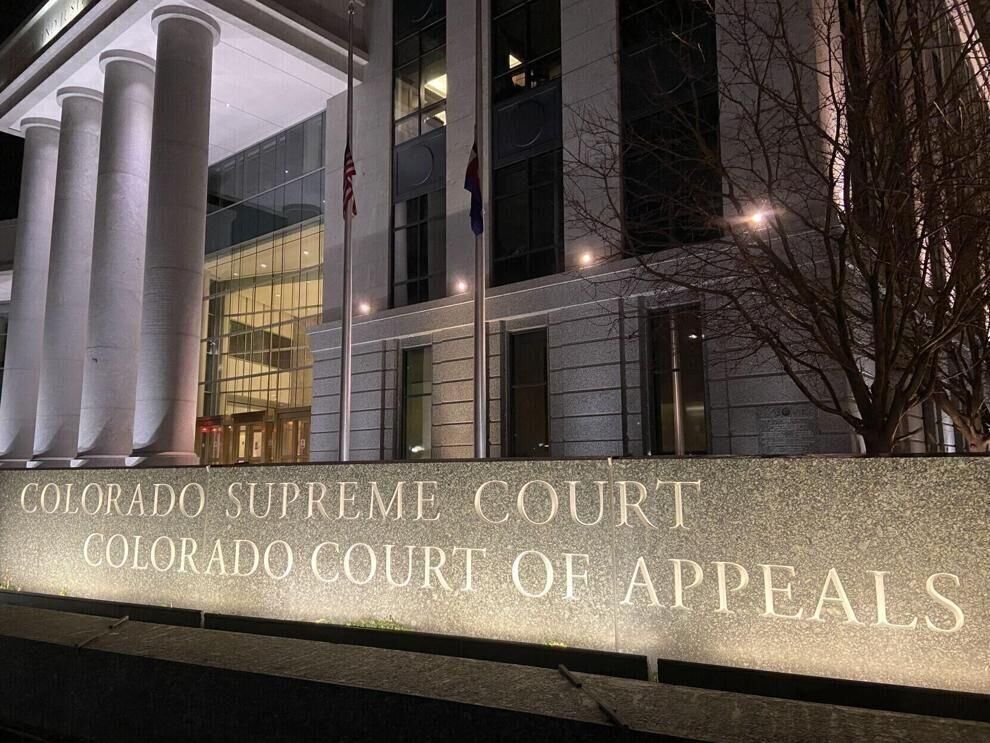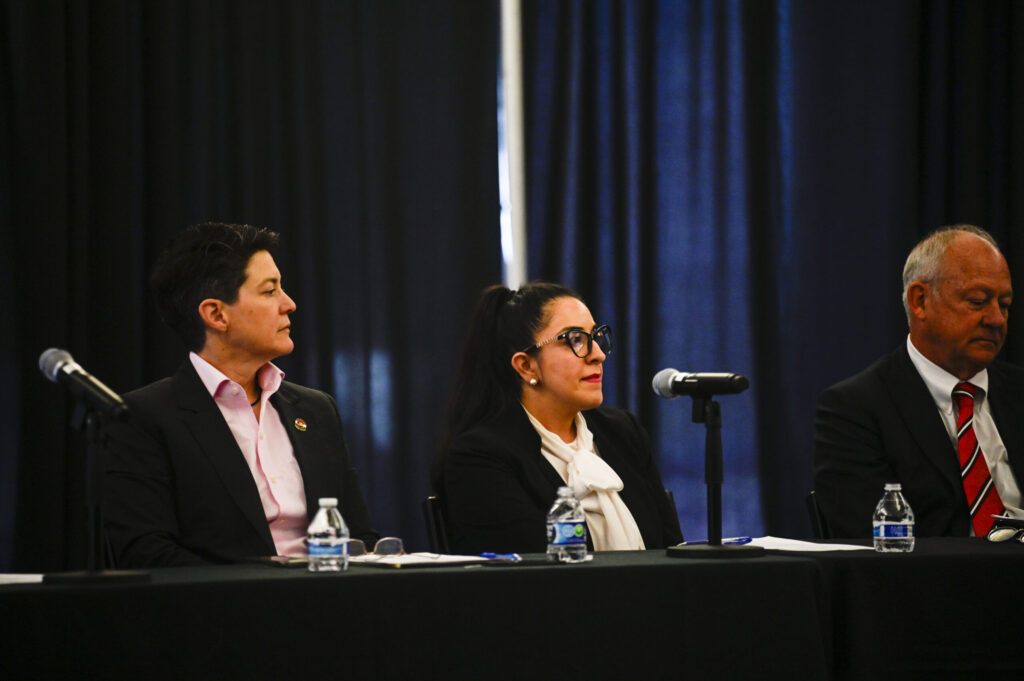Colorado appeals court expands ability for defendants to have postconviction claims investigated

Colorado’s second-highest court clarified last month that defendants who have at least one credible claim for postconviction relief are entitled to have appointed attorneys consider and investigate all other claims, without a judge imposing restrictions.
A three-member panel for the Court of Appeals agreed a judge in El Paso County was wrong to screen a convicted man’s claims, decide for himself which ones warranted further investigation, and ultimately dismiss them all without appointing counsel to investigate.
Antony Noble, an attorney who represented defendant Bruce Joseph Nozolino on appeal, called the decision a “significant development” in how defendants obtain postconviction relief, “and it corrected what was an ongoing problem.”
Under Colorado’s rules of criminal procedure, convicted defendants may seek relief in the trial courts under specific circumstances, including the discovery of new evidence or if the conviction came as a result of a constitutional violation.
An El Paso County jury convicted Nozolino in 2014 for murdering Richard Schreiner and shooting at others, including the judge who was handling his divorce case. He is serving a life sentence plus 288 years in prison.
Case: People v. Nozolino
Decided: May 4, 2023
Jurisdiction: El Paso County
Ruling: 3-0
Judges: David Furman (author)
Rebecca R. Freyre
Craig R. Welling
Background: Colorado Springs revenge-shooter’s convictions upheld by state Court of Appeals
In 2019, Nozolino submitted a petition for postconviction relief, making several claims that he received ineffective assistance of counsel and that new evidence existed that was not available at trial.
Retired District Court Judge Paul A. King determined most of Nozolino’s allegations had no merit, but he believed further investigation and appointment of counsel was warranted in three areas.
Instead, the prosecution submitted a response to Nozolino’s petition, including documentation addressing his allegations. Without handing the case over to the public defender’s office or the Office of the Alternate Defense Counsel (ADC), which handles cases when the public defender has a conflict, King ordered Nozolino to respond himself. King then denied the remainder of Nozolino’s claims.
“The Defendant has maintained an unrelenting approach to litigation with a significant penchant for asserting groundless and meritless claims,” King wrote. “The Defendant was represented by able, competent and professional counsel who zealously and diligently represented him throughout the proceedings. This Court is satisfied that the Defendant received a fair trial.”
On appeal, Nozolino argued King had not followed the procedural rules for handling postconviction requests. If any claim has merit, even if there are many more that do not, the trial judge must send “a complete copy” to the public defender or ADC, if the defendant has requested counsel. The appointed lawyer may then investigate, decide what claims to pursue and even add claims that have merit.
During oral arguments to the Court of Appeals, Noble explained on behalf of Nozolino that King did not follow the correct procedure. Even if he had forwarded the three claims he found credible to the public defender or ADC, that still unfairly restricted a lawyer’s ability to pursue a claim that may have failed simply because an incarcerated defendant could not properly investigate it.
“I don’t think that any attorney that’s appointed by the court can just turn a blind eye to what could be a really strong claim that could exonerate the claimant,” said Noble.
Although the Colorado Attorney General’s Office conceded King improperly threw out Nozolino’s petition without appointing a lawyer, it argued for the Court of Appeals to limit the postconviction investigation only to the three claims that King initially felt were meritorious.
The appellate panel rejected that interpretation, noting a judge’s obligation is to send the “complete” petition to defense counsel without placing restrictions on their investigation.
“(A)ppointed counsel would be under no obligation to thereafter prosecute those claims that are wholly unfounded,” wrote Judge David Furman in the May 4 opinion.
The Court of Appeals has issued four prior decisions, and the state Supreme Court has issued one, in Nozolino’s various criminal proceedings. His most serious convictions remain intact, but the appeals court has overturned others.
Nozolino faced trial for shooting and killing Schreiner, shooting and wounding his ex-wife’s lawyer, and shooting into the home of the judge handling his divorce case, narrowly missing the judge himself. Although there was circumstantial evidence suggesting Nozolino was responsible, there were no witnesses and little direct evidence.
Nozolino’s latest attempt at relief argued his lawyers were constitutionally ineffective for failing to, among other things, cast doubt on witnesses’ credibility, question an alibi witness about his alleged inconsistencies, or call Nozolino’s ex-girlfriend to testify about a conversation involving the “actual shooters.”
King, in rejecting those claims, noted the defense’s own investigator at the time called the theory of other shooters a “dead end.”
The case is People v. Nozolino.














